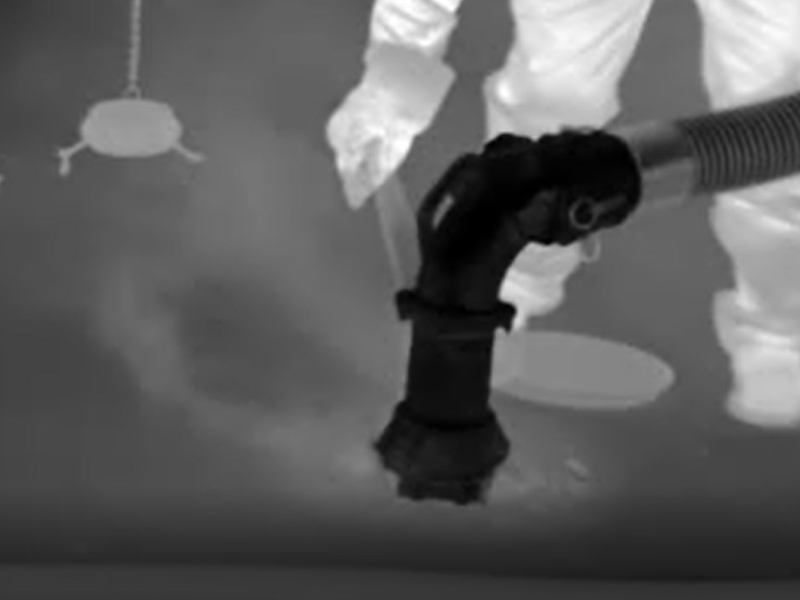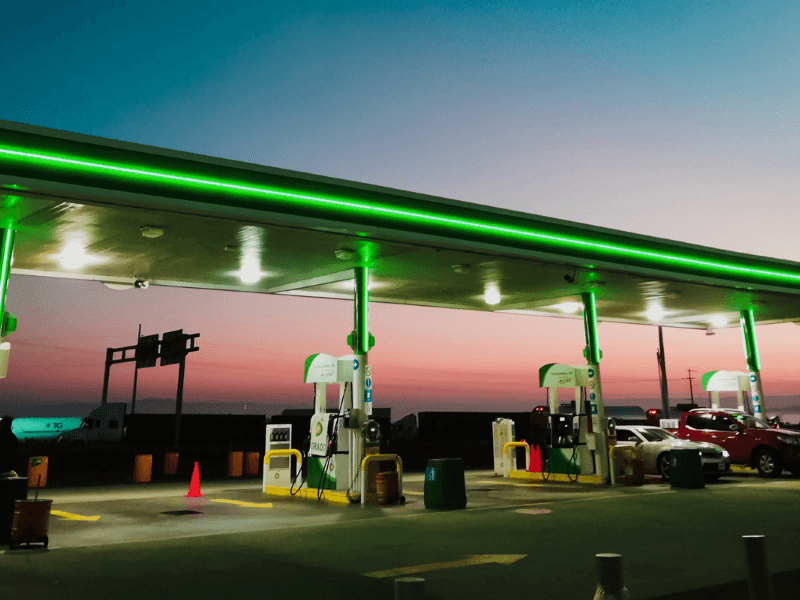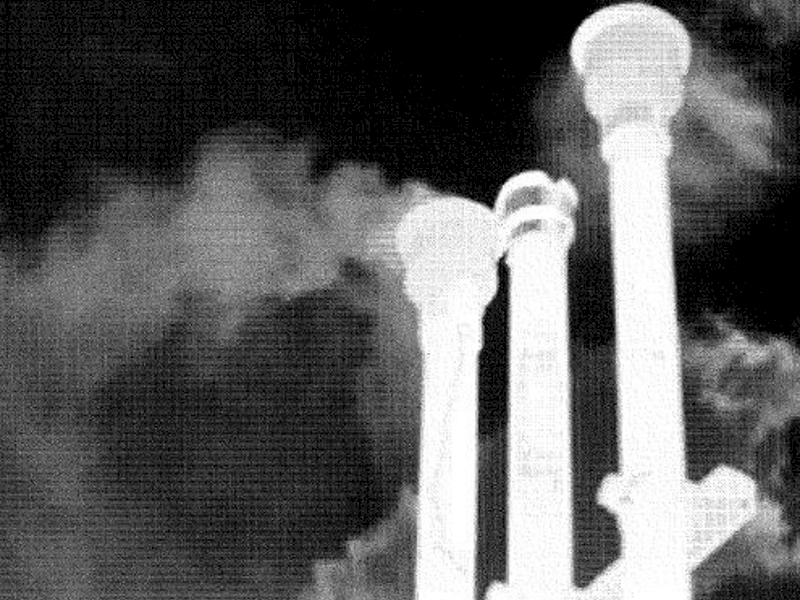Fueling stations may face repercussions for not adhering to AQCC regs
Here’s what you need to know
Gas station owners/operators can expect more attention from the Colorado Department of Public Health and Environment (CDPHE) as it ramps up enforcement of air quality regulations at gasoline dispensing facilities.
CDPHE’s Air Pollution Control Division (APCD) inspectors have caught many in the industry off guard by conducting inspections at fueling operations in the last year. A number of the inspections have occurred during a fuel delivery, when the inspector can observe whether the vapor recovery system is processing vapors during that time. Inspectors are using a FLIR Optical Gas Imaging Infrared (IR) Camera capable of detecting and displaying images of volatile organic compounds (VOCs) to see the vapors.
If the fuel-delivery trucks’ vapor lines are not connected to the vapor recovery system properly, or if the vapor control system is generally not functioning properly, the inspector may see emissions from various locations including atmospheric vents, Stage I vapor-recovery adaptors and the fill-riser area.
Call a CGRS Expert:
800.288.2657

Drezden Kinnaird
Environmental Staff Scientist
In that case, the inspector could and, in fact, has recommended enforcement actions to address the alleged violation(s) of the Air Quality Control Statutes and the Air Quality Control Commission (AQCC) Regulations, including AQCC Regulation 7. Reg 7 refers to, among other things, the control of hydrocarbons via oil and gas emissions, including the control of leaks from vapor collection or control systems at gasoline terminals, gasoline bulk plants and gasoline dispensing facilities.
If an inspector determines that a gasoline dispensing facility has fugitive emissions, CDPHE may schedule an enforcement hearing, possibly followed by fines. CGRS will provide updates as they become available.
In addition to the site visits, the APCD continues to conduct full and partial compliance evaluations to review air quality reporting records and verify administrative compliance with AQCC Regulation and any applicable Air Permit conditions.
If you have questions about AQCC Regulations 3 or 7, or need assistance determining if they apply to your Colorado business, please contact CGRS today.





